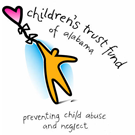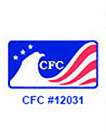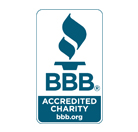Protective Factors Social Media Toolkit Series
This toolkit, Parenting Tips: Social/Emotional Competence, is the last of six child abuse and neglect prevention Protective Factors Social Media Toolkits developed by the National Children’s Advocacy Center. These toolkits are based on the Strengthening Families™ Protective Factor Framework (1) and the Protective Factors Conversation Guides for Partnering with Families (2).
Toolkits include tips and questions for parents and caregivers to encourage conversations that support positive parenting practices and promote social norms that help protect children from abuse and neglect.
Each toolkit is centered around one of the following protective factors:
- Nurturing and attachment
- Knowledge of parenting and child development
- Parental resilience
- Social connections
- Concrete supports in times of need
- Social and emotional competence of children
References:
- Children’s Trust Fund Alliance. (2022). Protective factors. https://ctfalliance.org/protective-factors/
- Administration for Children and Families Administration on Children, Youth and Families. (2021). Protective Factors – Conversations Guides for Partnering with Families. In 2021/2022 Prevention Resource Guide (pp. 50-75). Washington, DC: Author.
Instructions
For Text: Highlight text. While text is highlighted, right click and choose copy. Navigate to social media page and in space intended for text right click the mouse and choose paste.
CLICK HERE TO DOWNLOAD IMAGES. Save file to computer. Upload video to social media page from saved location
Suggested Text
Images
Social and emotional skills include a child having positive relationships, managing their emotions and behavior, saying what they are feeling, and solving problems.
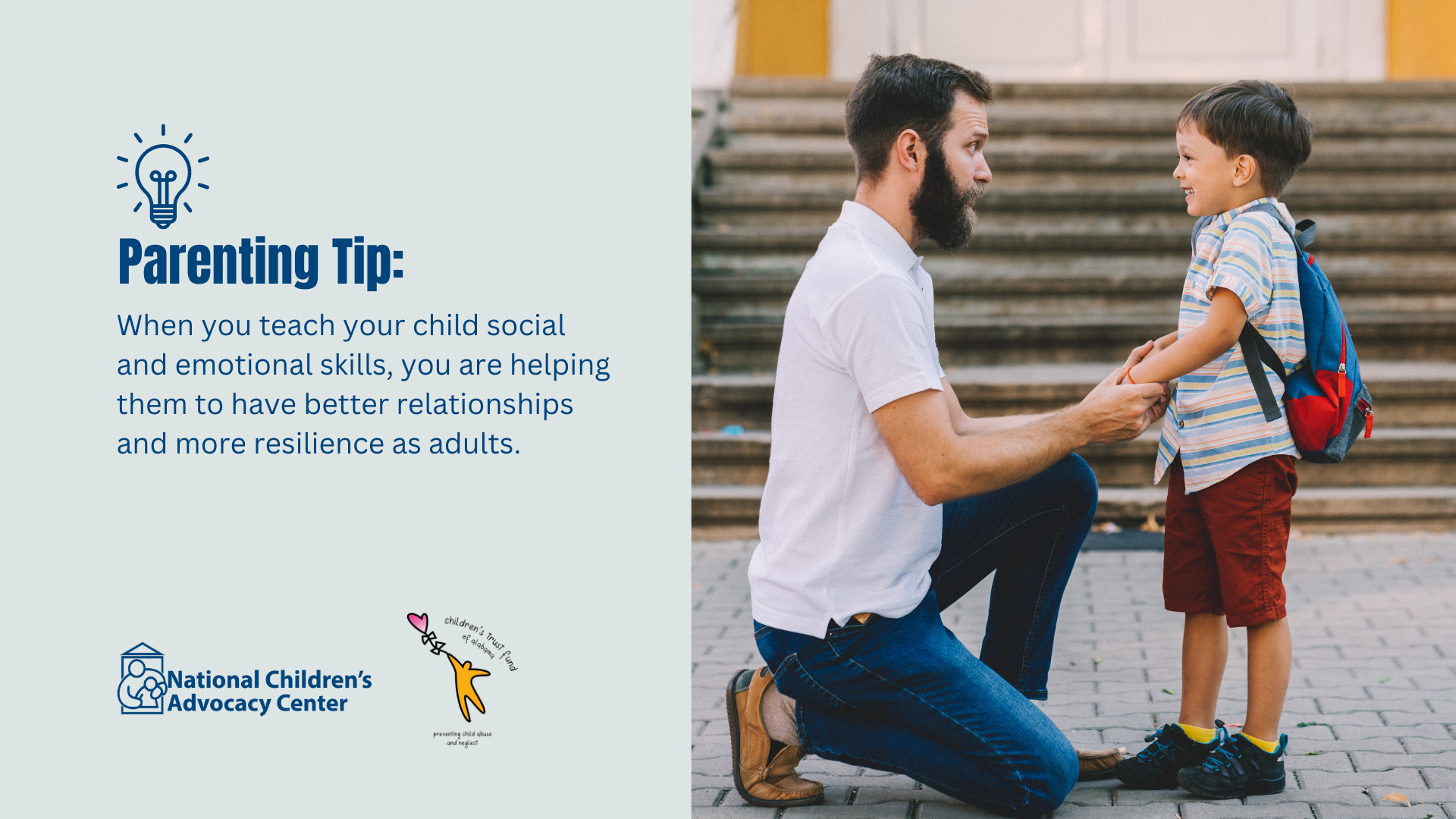
A strong parent-child bond is good for both of you. As your child learns social and emotional skills, you will be able to respond to their needs faster and be less likely to feel stressed. Your child will learn to say what they need instead of acting out.

Identifying concerns about social-emotional delays as early as possible is important. Children’s delays in development can create extra stress for families. You and your child(ren) can receive services to help them to develop healthily.
In Alabama, call the Parenting Assistance Line at 866-962-3030. Anywhere in the U.S. call 2-1-1 for resources

Social skills have different meanings and importance for each family and community. Which skills are most important to you?
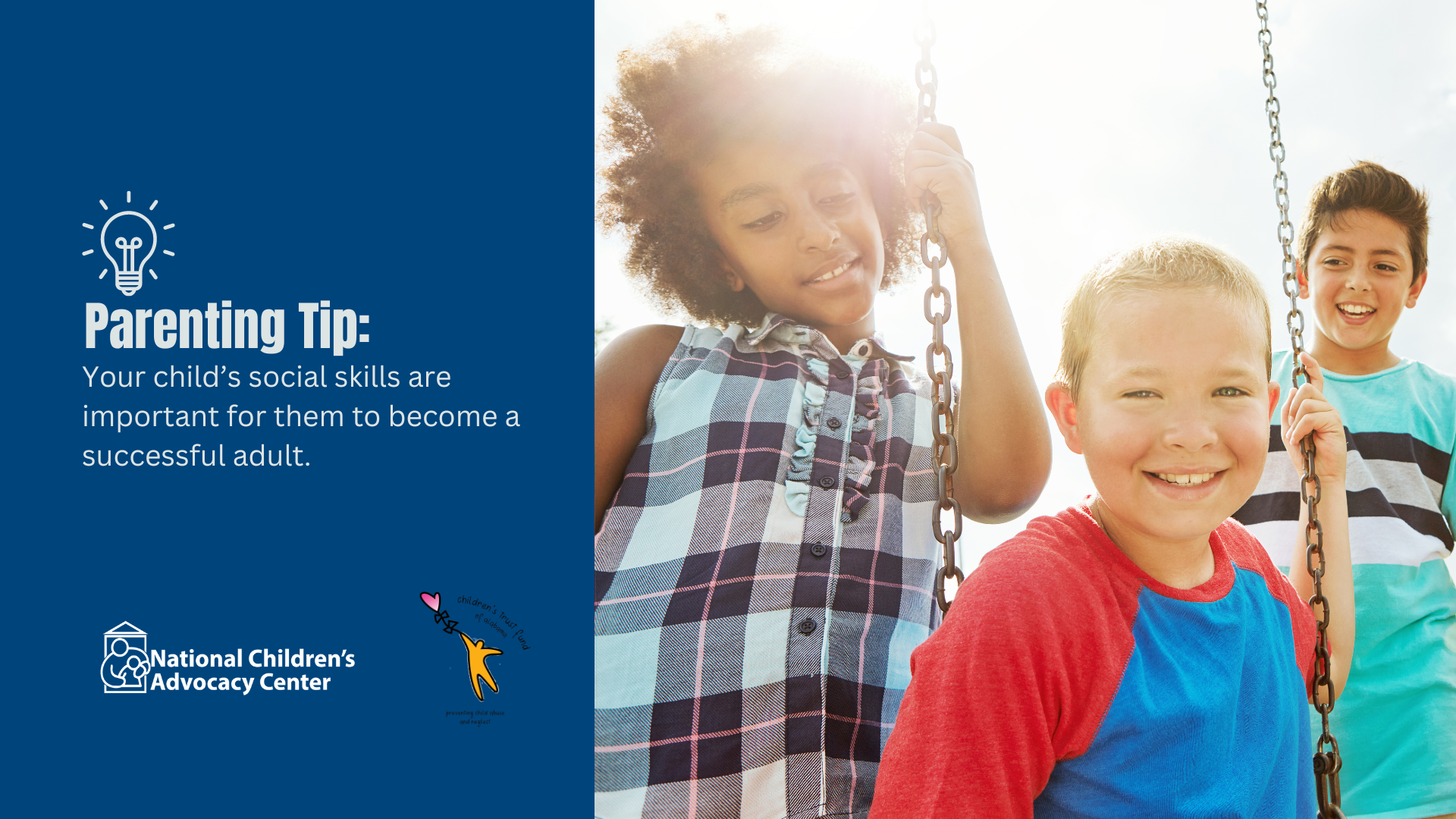
Which social skills do you expect to see at your child(ren)’s current age(s)? Think about which ones they are doing well and which ones you can help them to improve.
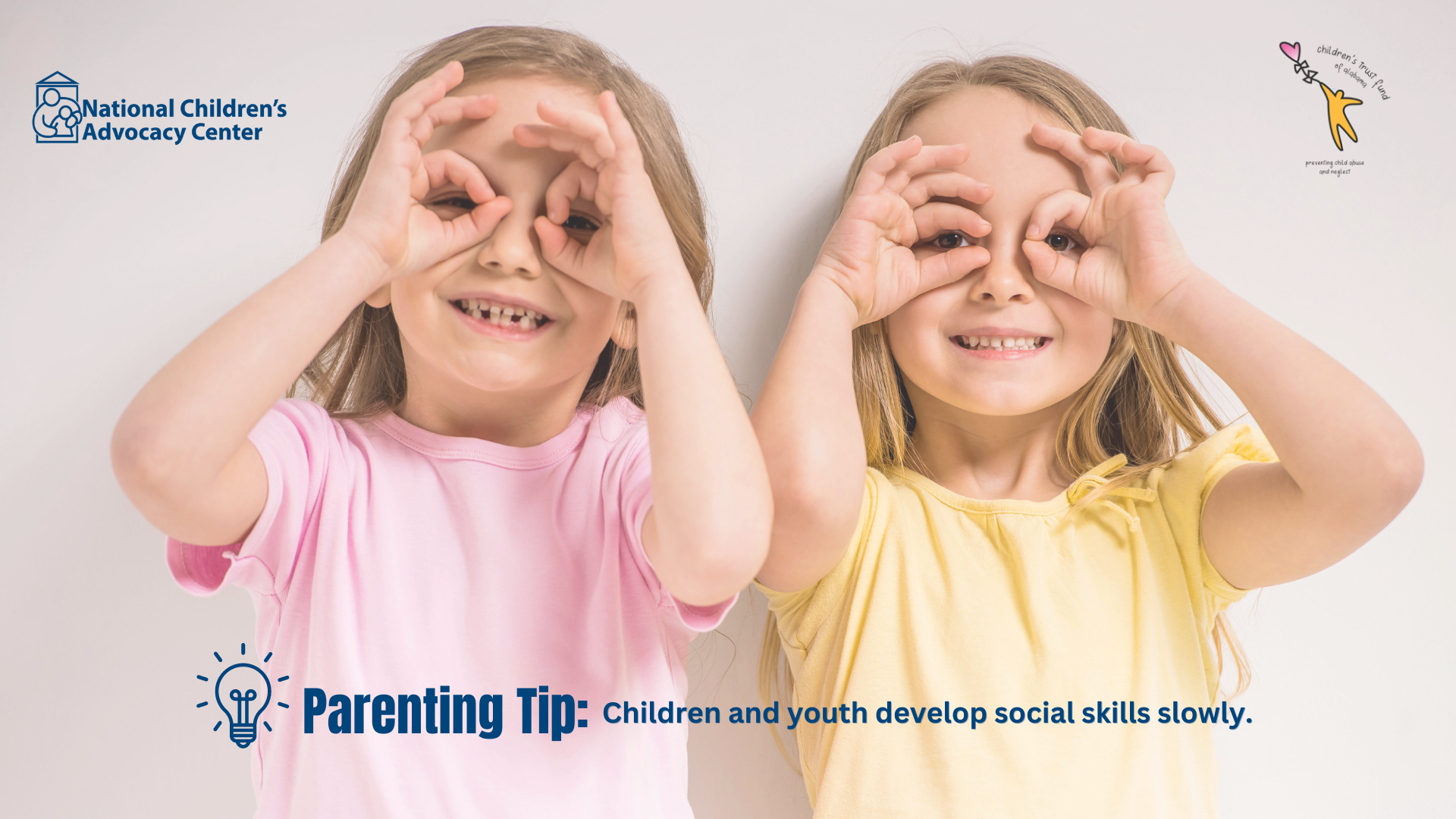
You can model your child’s newest social skills with your co-parent, family members, or friends.

One great way you can teach your child is by “catching them” doing something well. Think about ways to let your child know you like what they are doing. Consider how to encourage the new skill.




